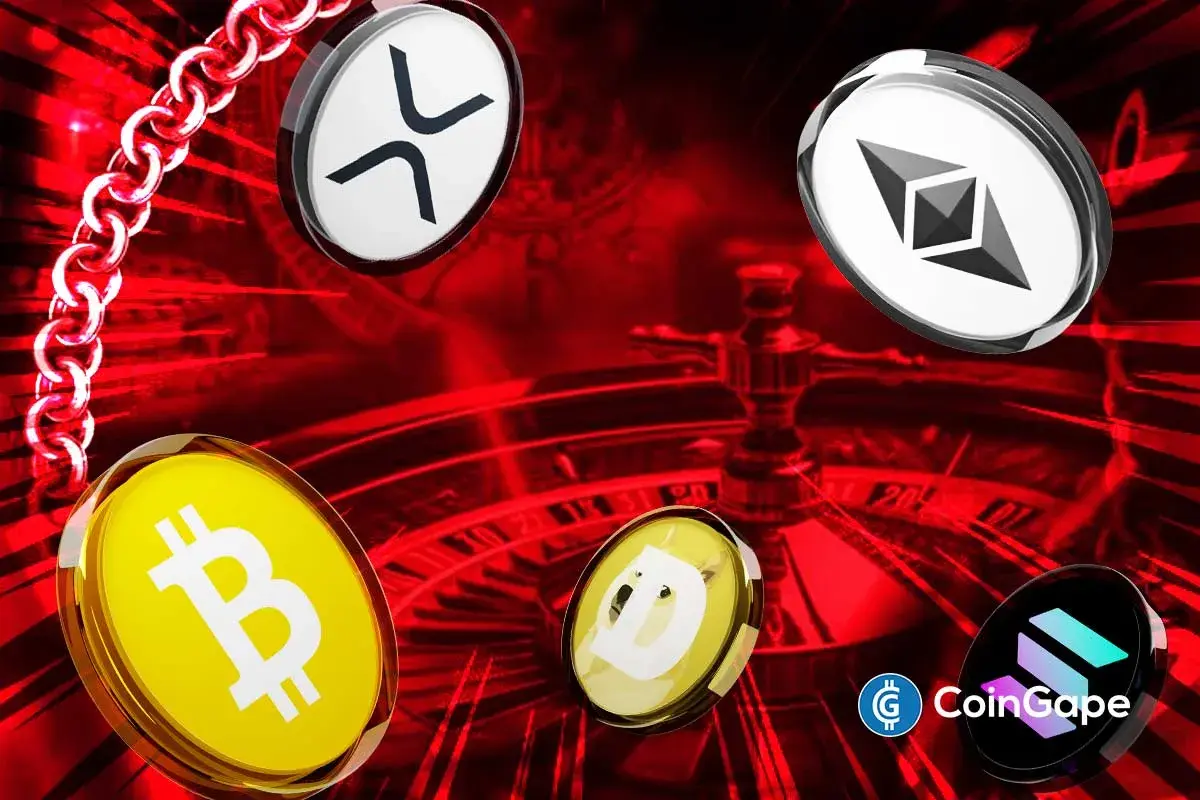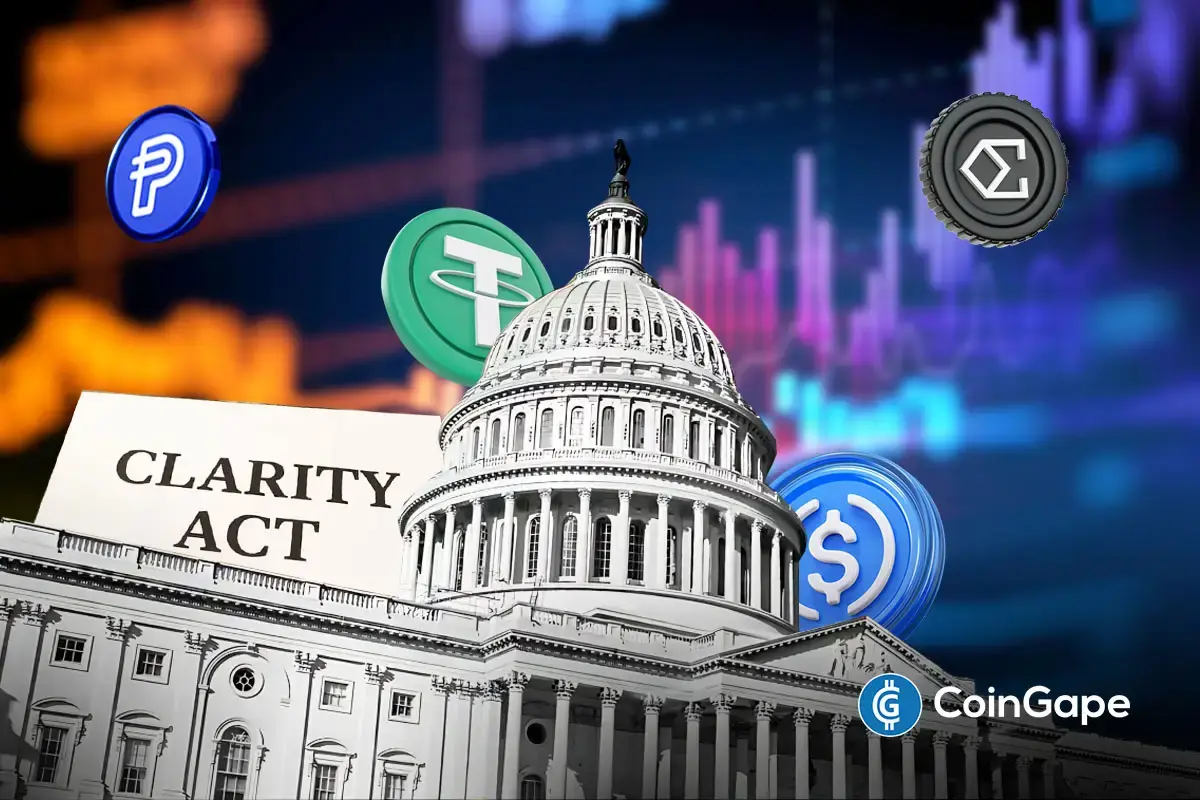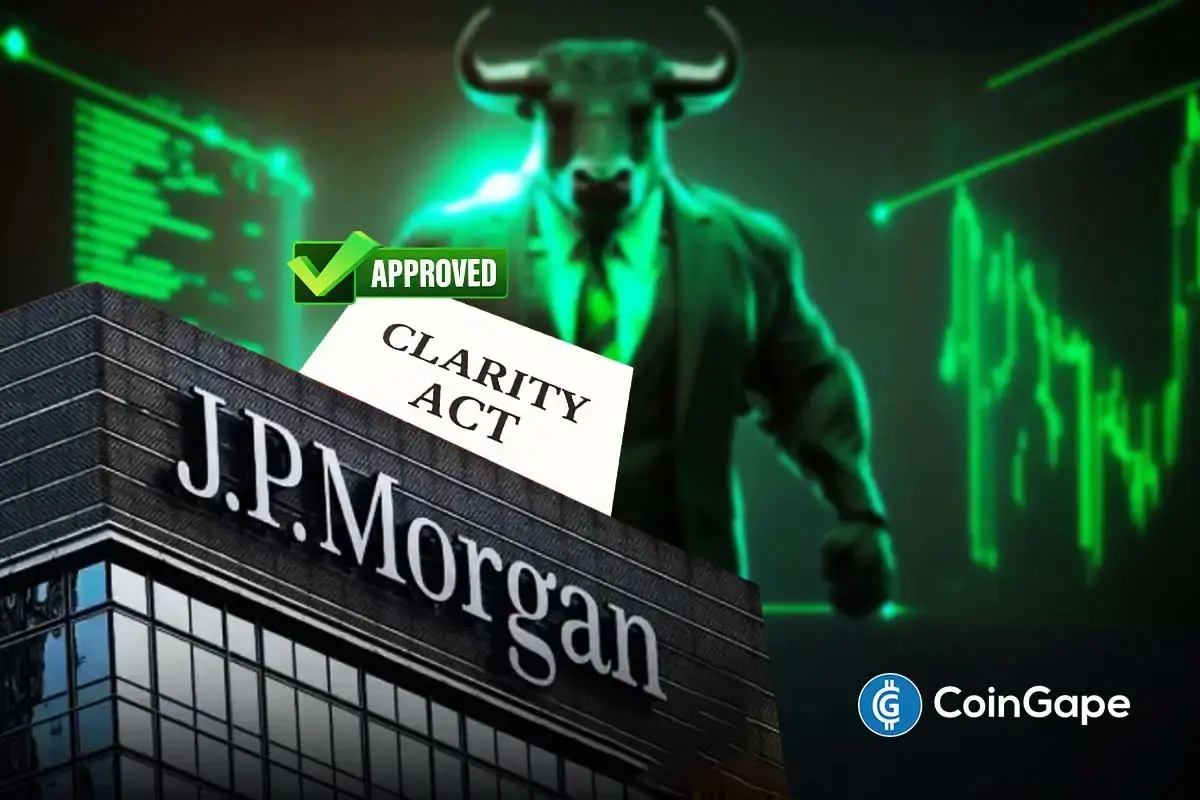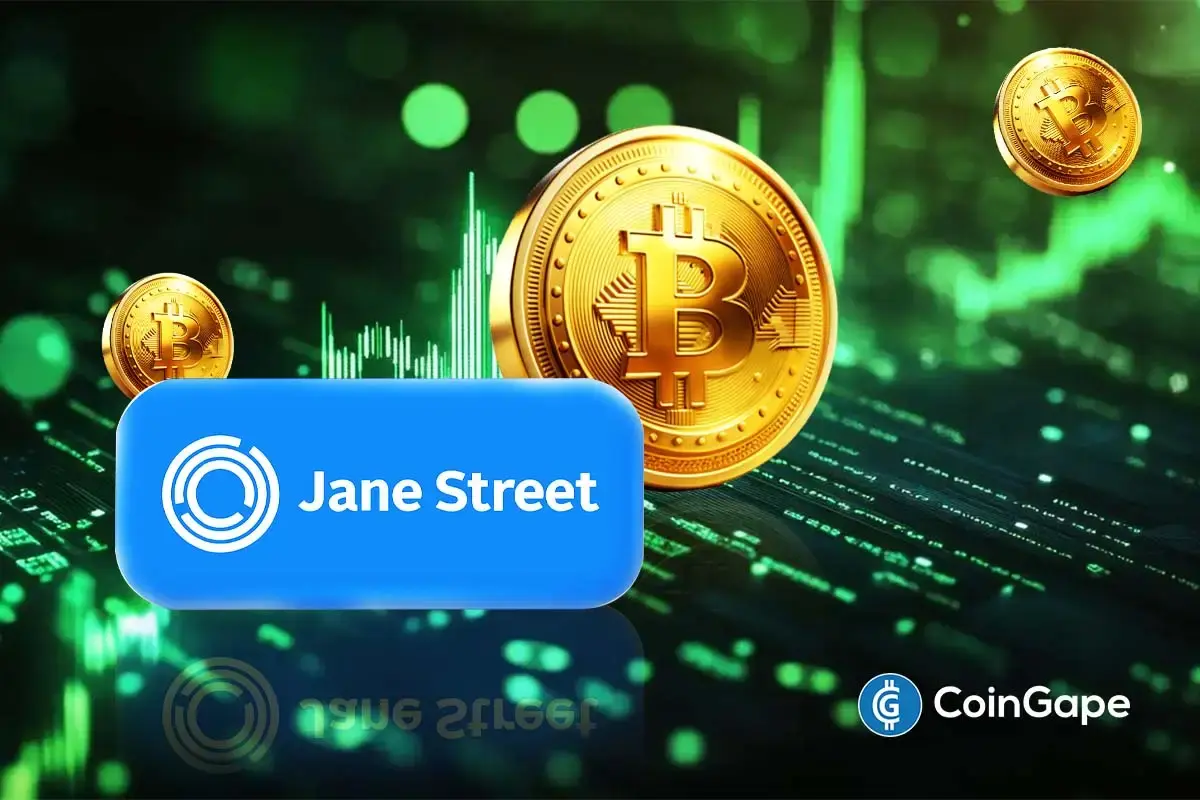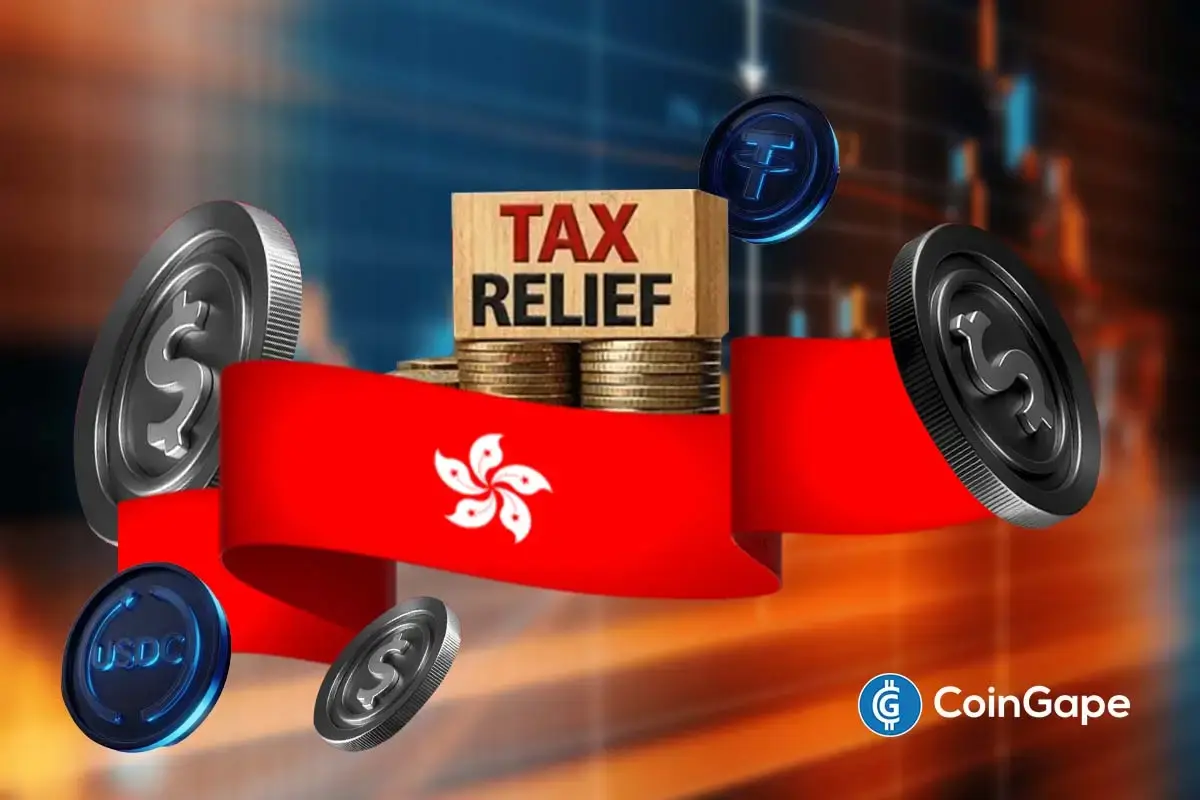Lithuania Set to Weed Out Crypto Firms, Few Expected to Scale Full Permits

Highlights
- Lithuania introduces stringent licensing process for crypto firms, anticipating a notable reduction in their numbers.
- Simonas Krepsta, central bank board member, sheds light on the timeline and implications for unsuccessful applicants.
- The move aligns with global regulatory trends, including the European Union's forthcoming Markets in Cryptoassets (MiCA) legislation.
Lithuania is gearing up to implement stricter regulations on crypto firms operating within its borders. A new licensing process is set to be introduced, signaling a significant shift in the country’s approach to overseeing the crypto industry. With this move, authorities anticipate a notable reduction in the number of crypto companies allowed to operate in Lithuania.
Simonas Krepsta, a central bank board member, has provided insight into the upcoming licensing process. According to Krepsta, the process is expected to commence soon, with a timeline indicating completion by June 2025. He emphasized that firms unable to obtain full permits will be compelled to exit the ecosystem, suggesting stringent criteria for licensing.
The implications of these regulatory changes extend beyond individual firms. The broader crypto ecosystem in Lithuania is poised to undergo transformation as a result of these measures. Unsuccessful applicants may face challenges in adapting to the new regulatory landscape, while compliant firms may benefit from increased credibility and legitimacy.
Lithuania’s Fintech Hub and Regulatory Concerns
Lithuania has long positioned itself as a prominent hub for financial-technology startups, attracting companies seeking favorable regulatory environments. The licensing of Revolut Ltd. and similar initiatives have bolstered Lithuania’s reputation as an attractive destination for fintech innovation.
However, despite an influx of over 580 crypto asset firms, including unregulated crypto firms, has raised concerns among regulators. The presence of unregulated crypto companies poses risks related to money laundering and investor protection. Instances of failures and embezzlement within the industry have highlighted the need for tighter oversight and regulation.
Also Read: Robinhood Lists Optimism For EU Users, OP Price To Rally?
Global Regulatory Trends and Legislative Developments
Lithuania’s move to tighten regulations on crypto firms aligns with global trends in regulatory oversight. Other financial centers such as Singapore, Hong Kong, and Dubai have implemented comprehensive regulatory regimes aimed at addressing concerns related to money laundering and investor protection.
The European Union’s forthcoming Markets in Cryptoassets (MiCA) legislation represents a significant milestone in the regulation of crypto assets. Scheduled to take effect in January 2025, MiCA will establish a unified framework for regulating crypto activities across EU member states.
In anticipation of MiCA, Lithuania is also developing its own legislation to govern crypto activities within its jurisdiction. This includes granting powers to the Financial Intelligence Unit to oversee corporate registrations and implementing a pre-assessment procedure for licensing. These measures underscore Lithuania’s commitment to ensuring a transparent and secure environment for crypto firms operating within its borders.
Also Read: PLERF, A Solana-Based Token’s Trading Volume Surged 2100%; What’s Happening?
Play 10,000+ Casino Games at BC Game with Ease
- Instant Deposits And Withdrawals
- Crypto Casino And Sports Betting
- Exclusive Bonuses And Rewards

- Core Scientific Sells 1,900 BTC as Bitcoin Miner Pivots to AI, CORZ Stock Dips
- Bitcoin News: VanEck CEO Projects Gradual BTC Rally in 2026 as ETFs Sees $458M Inflows
- Bitcoin, Gold Slip as Donald Trump Says “Unlimited Munition Stockpiles” for US-Iran War
- Crypto Prices Today: BTC, ETH, XRP Prices Surge Despite Iran’s Strait of Hormuz Closure
- Nasdaq Brings Prediction Markets to Wall Street with New SEC Filing
- Bitcoin Price Prediction as US-Iran War Enters 4th Consecutive Day
- Top 5 Historical Reasons Dogecoin Price Is Not Rising
- Pi Coin Price Prediction for March 2026 Amid Network Upgrade, KYC Boost, Rewards Distribution
- Gold Price Nears ATH; Silver Eyes $100 Breakout on Us- Iran War
- Bitcoin And XRP Price As US Kills Iran Supreme Leader- Is A Crypto Crash Ahead?
- Gold Price Prediction 2026: Analysts Expect Gold to Reach $6,300 This Year

 Buy $GGs
Buy $GGs






